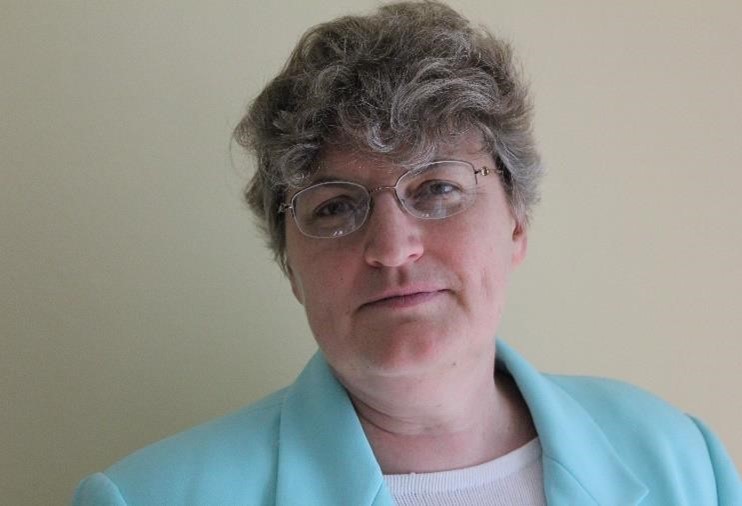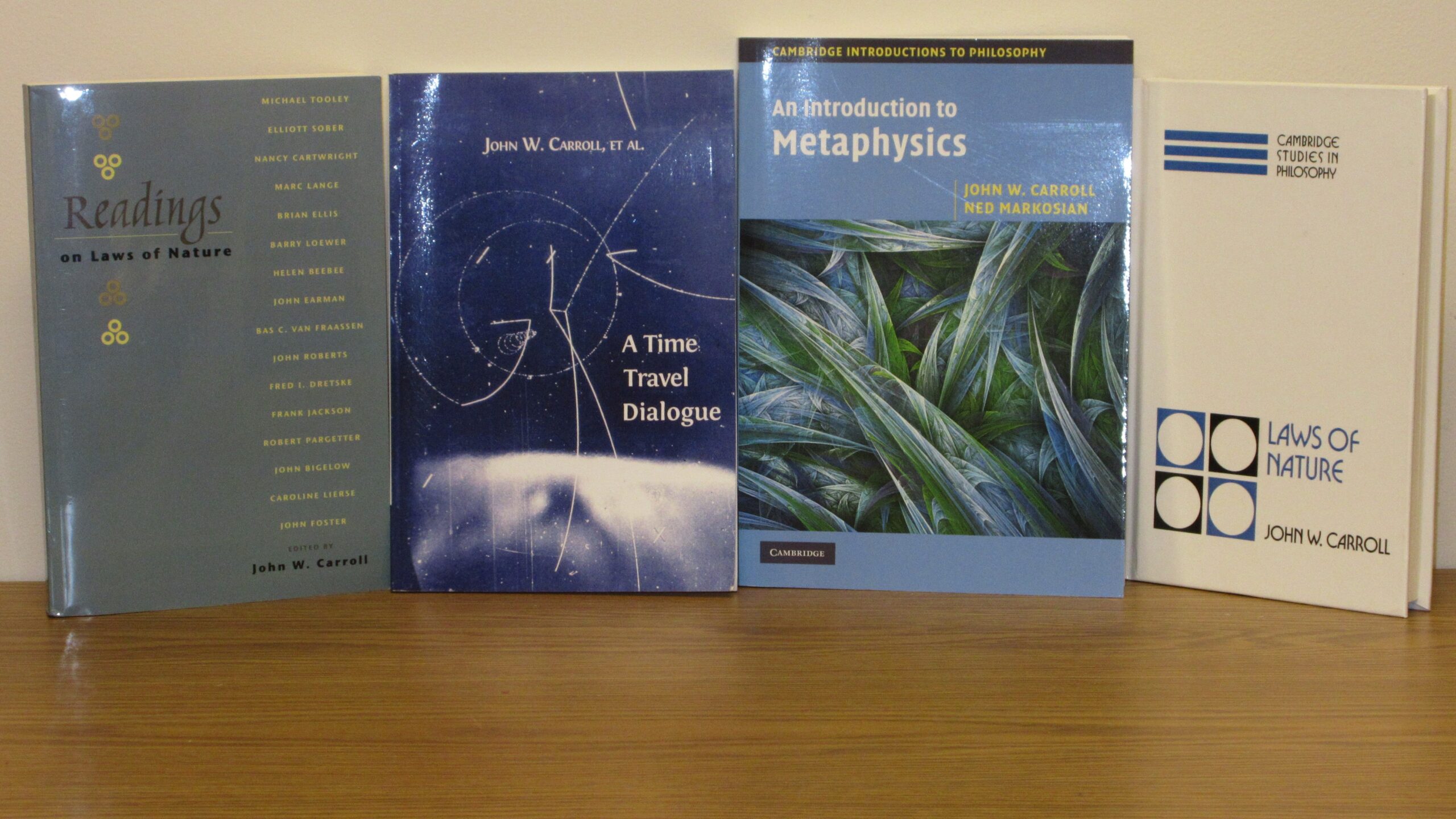Distinguished Philosopher Visits NC State as Phi Beta Kappa Scholar
The John Dewey Professor of Philosophy at Columbia University, Dr. Philip Kitcher, spent two days at NC State as a Phi Beta Kappa Visiting Scholar on October 13-14, 2016.
Professor Kitcher, whose interests range from the philosophy of mathematics and the philosophy of science to ethical theory and contemporary moral issues, is the author of sixteen books. These include The Lives to Come: The Genetic Revolution and Human Possibilities (Simon and Schuster, 1996), Science, Truth, and Democracy (Oxford University Press, 2001), The Ethical Project (Harvard University Press, 2011), and Life After Faith: The Case for Secular Humanism (Yale University Press, 2014). A further book, The Seasons Alter: How to Save the Human Future in Six Acts, co-authored with Evelyn Fox Keller, is due to appear next April (W.W. Norton, 2017).
At NC State, Professor Kitcher gave a public lecture to a large and enthusiastic audience, was a guest speaker in two courses taught by philosophy faculty, and led a session in the Honors Village’s Research Unplugged series.
In his public lecture, “Progress in the Sciences and in the Arts,” Professor Kitcher challenged the common view that, while the sciences make progress, the arts do not. Drawing on a pragmatic conception of progress according to which progress does not consist in coming closer to a goal but in solving problems, he argued that scientific progress is pragmatic and has important social dimensions, and that a parallel conception of progress is also applicable to the arts.
Professor Kitcher discussed scientism and the humanities with students in Professor Gary Comstock’s course “On the Human” (HON 345), evolution and ethical life in Professor Catherine Driscoll’s course “Philosophy, Evolution and Human Nature” (PHI 447/547), and animal experimentation in Research Unplugged at the Honors Village.
Asked about his impression of NC State students, Professor Kitcher said this: “I thoroughly enjoyed all my discussions with the students. They consistently raised interesting points and astute questions. I came back to New York with a very strong impression of the quality of the undergraduates at North Carolina State.”


